The safety of HIFU machines is a popular topic in the beauty and aesthetics industry. While HIFU treatments are generally considered safe when performed by a trained and experienced professional, there are some concerns and considerations to keep in mind.
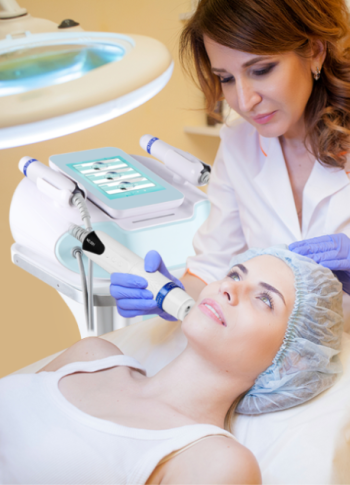
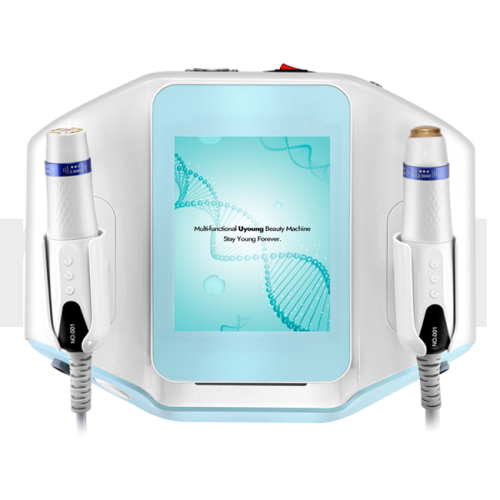
Potential side effects:
Like any cosmetic treatment, HIFU (High-Intensity Focused Ultrasound) treatments can have potential side effects. While most side effects are temporary and mild, there is a small risk of more serious complications if the machine is not used properly. Here are some potential side effects of HIFU treatments:
Redness: After a HIFU treatment, the skin may appear red or flushed for a few hours to a few days. This is a normal reaction and should subside on its own.
Swelling: Some swelling may occur after a HIFU treatment, particularly around the eyes or jawline. This is also a normal reaction and should subside within a few days.
Bruising: Mild bruising may occur in some cases, particularly if the treatment area is sensitive or if the client is prone to bruising.
Numbness or tingling: In rare cases, clients may experience numbness or tingling in the treated area. This is usually temporary and should resolve on its own.
Burns or nerve damage: While rare, there is a risk of burns or nerve damage if the HIFU machine is not used properly or if the energy level is set too high. It’s important to receive proper training and use the machine according to the manufacturer’s instructions to minimize this risk.
Other side effects: Other potential side effects of HIFU treatments can include headache, fatigue, or discomfort during the treatment. These are usually mild and temporary.
It’s important to discuss potential side effects with clients before the treatment and to provide clear instructions for pre and post-treatment care. Clients should also be advised to seek medical attention if they experience any persistent or concerning symptoms after the treatment.
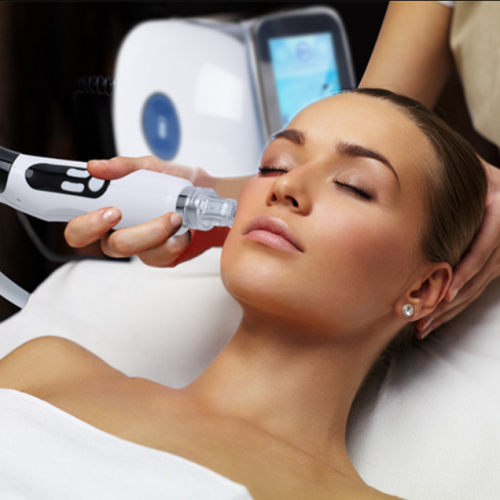

Contraindications:
There are certain contraindications to HIFU (High-Intensity Focused Ultrasound) treatments that should be taken into consideration before performing the treatment on a client. Contraindications are factors or conditions that make a treatment inappropriate or potentially harmful. Here are some common contraindications to HIFU treatments:
Pregnancy: HIFU treatments are not recommended for pregnant women due to the potential risks to the developing fetus.
Active skin infections or diseases: HIFU treatments should not be performed on areas of the skin that have active infections or diseases, as this can increase the risk of complications.
Open wounds or lesions: HIFU treatments should not be performed on areas of the skin that have open wounds or lesions, as this can increase the risk of infection and delay healing.
Recent cosmetic procedures: Clients who have recently had other cosmetic procedures, such as injections or surgery, should wait until they have fully healed before having a HIFU treatment.
Metal implants or pacemakers: HIFU treatments should not be performed on areas of the body that contain metal implants, as the ultrasound waves can heat up the metal and cause burns or other complications. Clients with pacemakers or other electronic medical devices should also avoid HIFU treatments, as the ultrasound waves can interfere with these devices.
Certain medical conditions or medications: Clients with certain medical conditions or who are taking certain medications may not be good candidates for HIFU treatments. It’s important to screen clients carefully and consult with a physician if there are any concerns.
It’s a need and must to discuss contraindications with clients before the treatment and to screen clients carefully to ensure that the treatment is safe and appropriate for each individual.
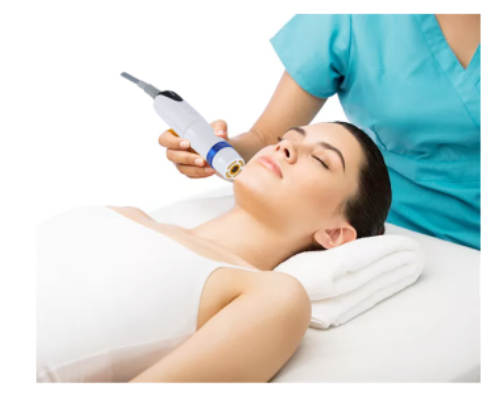
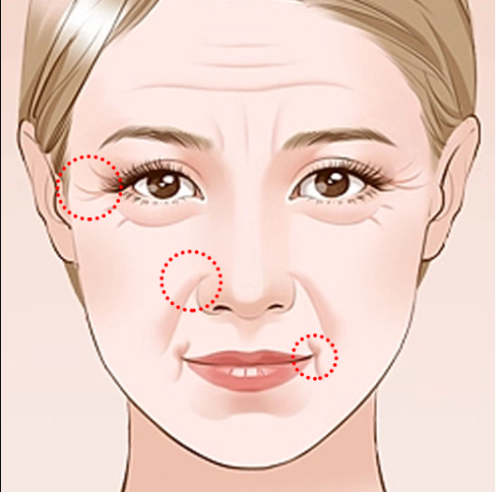
Training and certification are important considerations for anyone interested in using a HIFU (High-Intensity Focused Ultrasound) machine for cosmetic treatments. It’s important to receive proper training to ensure that the machine is used safely and effectively, and to obtain certification to demonstrate your expertise and professionalism. Here are some things to consider when it comes to training and certification for HIFU machines:
Manufacturer training: Most HIFU machine manufacturers provide training on how to use their specific machine safely and effectively. This training may be provided in person or online, and may be included with the purchase of the machine or offered as an additional service.
Continuing education: As with any medical or cosmetic treatment, it’s important to stay up-to-date on the latest techniques and best practices for using HIFU machines. Continuing education courses or workshops can help you stay informed and enhance your skills.
Certification programs: There are several organizations that offer certification programs for professionals who use HIFU machines, such as the National Coalition of Estheticians, Manufacturers/Distributors & Associations (NCEA) or the Society of Dermatology SkinCare Specialists (SDSS). These programs typically involve a combination of training, practical experience, and testing to demonstrate proficiency.
Regulatory requirements: Depending on your location, there may be regulatory requirements for using HIFU machines for cosmetic treatments. For example, in some states in the US, estheticians must have a medical director overseeing their use of HIFU machines. It’s important to research and comply with any applicable regulations in your area.
By obtaining proper training and certification, you can help ensure that your clients receive safe and effective HIFU treatments and demonstrate your commitment to professionalism and expertise in the field.
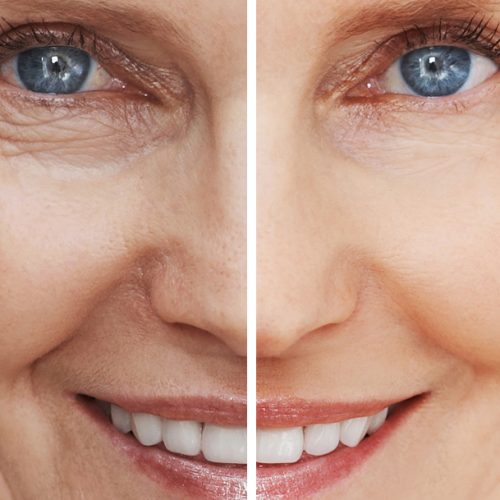
Manufacturer quality:
When it comes to purchasing a HIFU (High-Intensity Focused Ultrasound) machine, it’s important to consider the quality of the manufacturer. Choosing a reputable and reliable manufacturer can help ensure that you receive a high-quality machine that is safe and effective for your clients. Here are some factors to consider when evaluating the quality of a HIFU machine manufacturer:
Reputation: Look for a hifu machine manufacturer with a good reputation in the industry. You can research online reviews, ask for recommendations from colleagues, or attend trade shows and conferences to learn more about different manufacturers.
Experience: Consider the manufacturer’s experience in the industry. A manufacturer with a long history of producing HIFU machines may have more expertise and a better understanding of the technology and how to use it safely and effectively.
Quality control: Look for a manufacturer that has rigorous quality control processes in place to ensure that each machine is produced to the highest standards. This can include testing each machine before it is shipped and providing ongoing support to customers.
Support and training: Consider the level of support and training that the manufacturer provides. A good manufacturer should offer comprehensive training on how to use the machine safely and effectively, as well as ongoing support to help you troubleshoot any issues that may arise.
Warranty and maintenance: Look for a manufacturer that offers a solid warranty and maintenance program. This can provide you with peace of mind knowing that your machine is protected and that you can get help quickly if anything goes wrong.
By evaluating these factors and choosing a high-quality manufacturer, you can help ensure that your HIFU machine is reliable, effective, and safe for your clients.

Client education:
Client education is an important aspect of using HIFU (High-Intensity Focused Ultrasound) machines for cosmetic treatments. By educating your clients about the treatment, its benefits, and what to expect, you can help ensure that they have a positive experience and achieve the results they desire. Here are some tips for educating your clients about HIFU treatments:
Explain the technology: Start by explaining how HIFU technology works and how it can benefit their skin. Use simple and clear language to help them understand the process.
Discuss the benefits: Explain the potential benefits of HIFU treatments, such as improved skin tone and texture, reduction of wrinkles and fine lines, and increased collagen production.
Set realistic expectations: It’s important to be honest about what HIFU treatments can and cannot achieve. Set realistic expectations with your clients, and let them know that multiple treatments may be needed to achieve their desired results.
Discuss potential side effects: Be transparent about potential side effects, such as temporary redness, swelling, or bruising, and explain how they can be managed.
Provide pre- and post-treatment instructions: Give your clients clear instructions on how to prepare for their treatment, such as avoiding certain medications or skincare products. Also, provide post-treatment instructions on how to care for their skin and what to expect in the days following the treatment.
Answer their questions: Encourage your clients to ask questions and address any concerns they may have. This can help them feel more comfortable and confident about the treatment.
By educating your clients about HIFU treatments, you can help ensure that they have a positive experience and achieve the results they desire. This can also help build trust and loyalty with your clients and improve the overall success of your business.